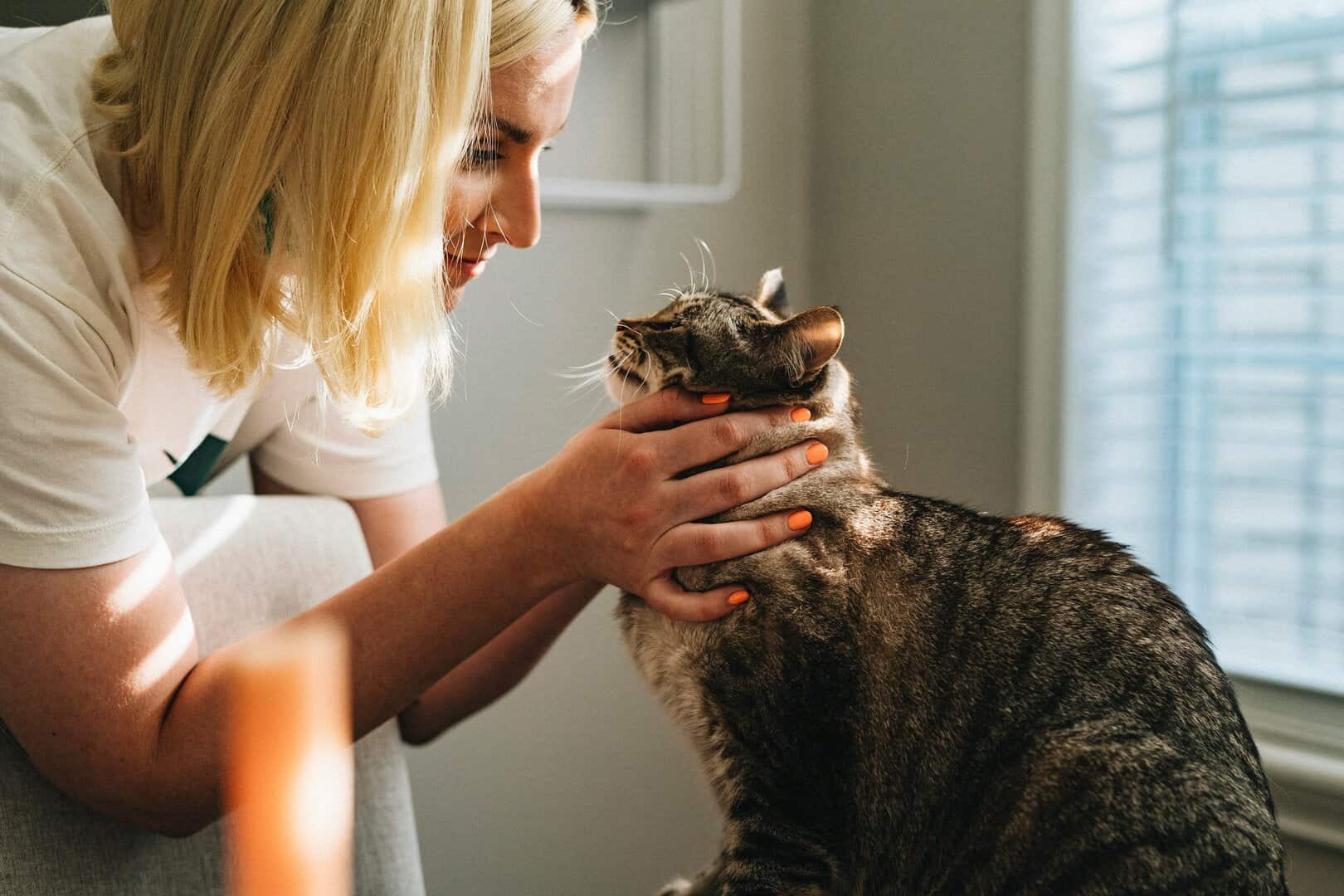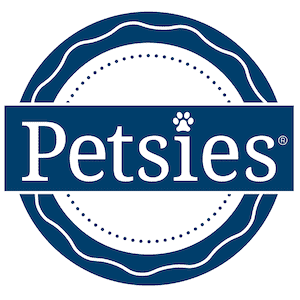Owning a pet is one of life’s greatest pleasures. However, it comes with great responsibility. Getting your animal companion vaccinated is an essential part of their overall wellness. More importantly, it’s a sign of responsible ownership. Discover the importance of vaccines, what your pet requires and some post-vaccination care tips.
The Importance of Vaccination
Vaccinations protect animals from highly contagious and potentially fatal diseases. They help boost your pet’s overall wellness for many years. It helps provide prevention from:
- Animal illnesses
- Parasites that are more active during autumn, such as heartworms, ticks and fleas
- Costly treatments and medicines
- Diseases that can be passed from animals to people
Pet centers, such as boarding, training and daycare services, may require vaccinations to protect all animals. Local and state laws also require pet owners to vaccinate their animal companions to avoid widespread transmission.
What Are the Core Vaccines?
Core vaccinations are recommended for all pets. Puppies and kittens usually receive these vaccinations at around six to eight weeks of age, while adult pets require boosters yearly. Here are the most common vaccines:
Rabies Vaccine
Rabies is a potentially fatal viral disease that can be transmitted to humans, wildlife and domestic pets, which is why the law requires them. The virus can be passed down through bite wounds. The absence of a rabies vaccine can result in legal ramifications.
Initial puppy vaccination: Single dose at three to six months old.
Distemper, Hepatitis, Parvovirus and Parainfluenza (DHPP) Vaccine
The DHPP vaccine provides protection against a combination of highly contagious diseases among canines, including:
- Distemper: This potentially fatal disease is highly contagious in unvaccinated dogs. Signs include fever, neurologic issues, encephalitis, pneumonia and death.
- Infectious canine hepatitis: Also known as Adenovirus 1, this contagious viral illness attacks the upper respiratory system and organs, such as the liver and kidneys.
- Parvovirus: This contagious disease can cause severe diarrhea, lethargy, dehydration, vomiting and death.
- Parainfluenza: Dogs with parainfluenza infection may experience coughing up blood, fever, nasal discharge and lethargy. However, some canines can be asymptomatic.
Initial puppy vaccination: At least three doses, administered between six and 16 weeks of age.
Feline Viral Rhinotracheitis, Calicivirus and Panleukopenia (FVRCP) Vaccine
The FVRCP vaccine is required for cats to protect them against the following diseases, including:
- Feline viral rhinotracheitis: This illness is responsible for most infectious upper respiratory tract disorders in cats. It can cause nasal and windpipe problems. These symptoms may persist in felines, leading to a loss of appetite, mouth sores and depression.
- Feline calicivirus: The symptoms of this oral disease include nasal congestion, eye inflammation and painful ulcers in the mouth.
- Feline panleukopenia: Cats infected with panleukopenia, which affects the lymph nodes, intestine linings, and bone marrow, can experience loss of appetite, high fever, lethargy, vomiting, severe diarrhea and death, especially in kittens.
Initial kitten vaccination: Provide the first shot at around six to eight weeks of age. Follow with a booster every three to four weeks until your kitten reaches 16 to 20 weeks of age.
Non-Core Vaccines
These vaccinations are optional and administered based on lifestyle factors. The veterinarian will assess the following to determine the needed non-core vaccines:
- Geographic location and the risk of illnesses in this setting
- Pet’s overall health
- Whether your pet frequents public areas, such as parks, daycare centers and grooming facilities
- Activities like traveling, hiking and other pursuits that require close contact with the wilderness and bodies of water
Discover the common non-core vaccinations:
- Leptospirosis vaccine: This bacterial disease can cause liver and kidney failure in animals and people. Your pet can contract it via the urine of an infected animal. Your vet might require this if there are many cases in your area.
- Lyme disease vaccine: A bite from an infected tick can cause this illness. Lyme causes fever, decreased appetite and kidney failure in severe cases.
- Bordetella vaccine: Dogs with this vaccine protect against kennel cough, a highly contagious respiratory illness. The most vulnerable pets are those who frequent public places, such as parks and grooming centers.
Possible Side Effects of Vaccination
Your pet may experience short-term side effects after receiving a vaccine. Some signs include:
- Mild swelling at the vaccination site
- Decreased appetite
- Fatigue
- Low-grade fever
- Nasal discharge after receiving intranasal vaccines
Any swelling at the vaccination site usually disappears within a few weeks. Most side effects only last 24 hours. If any signs persist or your pet seems extremely unwell after the vaccination, notify your veterinarian.
Pet Vaccination Aftercare
Proper care after vaccination is essential to minimize the risk of side effects and ensure they recover well. Remember these do’s and don’ts:
Observe Your Pet
Monitor your pet for any signs of severe discomfort, such as swelling, vomiting and difficulty breathing. If your animal companion is lethargic, provide water and food nearby to keep them full and hydrated.
Refrain From Immediate Bath
Bathing might irritate the injection site and may aggravate the side effects. Allow your pet to recover for a day or two to minimize the risk of infection. Depending on the vaccine, your vet may require you to wait at least a week before providing your pet with a bath.
Follow up With Required Boosters
Ensure that your pet gets their required follow-up shots. Missing a booster shot might increase their risk of illnesses again.
Keep Records
Secure your dog’s vaccination records, including the type of vaccine, date and any reactions. This information is vital for future reference when applying for a dog license and traveling.
Avoid Letting Your Pet Interact With Unvaccinated Animals
Keep them away from other pets or public places where other animals have been, especially when it’s flea or tick season. Consider walking on lesser-known paths and check your dog thoroughly after a walk through grass or wooded areas.
Don’t Administer Vaccines Without Vet’s Recommendation
Refrain from giving your pet non-core vaccines without your veterinarian’s permission, especially right after receiving core vaccinations. Over-vaccination can lead to serious health risks.
Practice Responsible Pet Ownership
As a pet owner, remember that vaccines are vital for your animal companion’s health. Aside from getting your fur baby vaccinated, remember to provide proper post-vaccination care and visit the veterinarian if side effects occur more than 24 hours.
Author Bio
Jack Shaw is a writer, editor and dedicated pet owner. He currently serves as the senior writer for Modded, a lifestyle magazine where he has explored topics on the joys of traveling with his dog, improving his home and working on his health.



